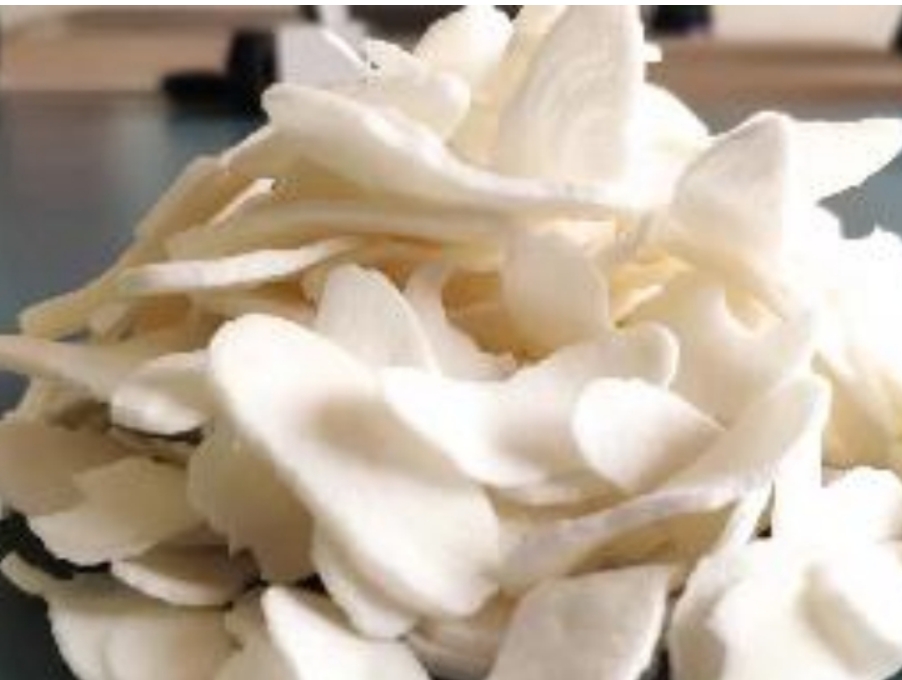Introduction
Chloroprene Rubber (CR), also known as Polychloroprene, is a synthetic elastomer first developed in the 1930s. Derived from chloroprene, a compound synthesized from acetylene and hydrochloric acid, CR has become a cornerstone material in various industrial applications due to its unique combination of physical and chemical properties.
Physical and Chemical Properties
CR exhibits several key properties that make it highly valuable across multiple industries:
- High Tensile Strength: CR can withstand significant stretching without breaking, ensuring durability in demanding applications.
- Excellent Flexibility: Maintains flexibility over a wide temperature range, from -40°C to 120°C, making it suitable for diverse environmental conditions.
- Resistance to Weathering: Highly resistant to ozone, UV light, and weathering, CR is ideal for outdoor use where exposure to the elements is prevalent.
- Chemical Resistance: Resistant to many chemicals, including oils, greases, and solvents, enhancing its longevity and performance in various settings.
- Good Flame Resistance: Inherent flame-resistant properties make CR suitable for applications where fire safety is a concern.
- Low Permeability to Gases: Beneficial in sealing applications, CR’s low gas permeability ensures effective containment and protection.
Synonyms for Chloroprene Rubber
CR is known by several other names, including:
- Neoprene (a trademarked name by DuPont)
- Polychloroprene
- Chlorobutadiene Rubber
- CR Rubber
While these terms are often used interchangeably in the industry, it’s important to note that “Neoprene” is a registered trademark and should be used with caution to avoid trademark infringement.
Applications and Uses
CR’s unique properties make it widely used in various industries:
- Automotive Industry: CR is utilized in the manufacturing of seals and gaskets for engines, transmissions, and other automotive components. It is also used in the production of fuel hoses, power steering hoses, and drive belts, where its resistance to oil and heat is crucial.
- Industrial Applications: CR is employed to insulate electrical cables, providing protection against environmental factors and ensuring long-term performance. Its durability and resistance to wear make it an excellent choice for conveyor belts in mining, construction, and manufacturing.
- Marine and Water Sports: CR is a popular material for wetsuits due to its flexibility, thermal insulation, and resistance to water and UV light. It is also used in the production of boat covers, fenders, and other marine accessories, where its weather resistance is highly valued.
- Construction: CR is used in roofing membranes, providing a durable and weather-resistant solution for flat roofs. It is also employed in expansion joints to accommodate movement and prevent damage in structures such as bridges and buildings.
Comparison with Natural Rubber
When compared to natural rubber, CR offers several advantages:
- Temperature Range: CR has a wider operating temperature range, making it more suitable for extreme conditions.
- Chemical Resistance: CR is more resistant to oils, greases, and solvents, making it a better choice for applications involving these substances.
- Weathering Resistance: CR is more resistant to ozone, UV light, and weathering, which makes it ideal for outdoor and exposed environments.
- Tensile Strength: CR generally offers better overall mechanical properties.
- Cost: Natural rubber is often less expensive, which can be a factor in cost-sensitive applications.
While CR excels in many areas, natural rubber may still be preferred in certain applications, particularly where cost and biodegradability are important considerations.
Conclusion
Chloroprene Rubber is a versatile and high-performance synthetic rubber with a wide range of applications across various industries. Its unique combination of physical and chemical properties makes it a preferred choice in many demanding environments. Whether you are looking for a material that can withstand harsh chemicals, extreme temperatures, or provide reliable sealing and insulation, Chloroprene Rubber is a robust and reliable option.
For more information or to inquire about purchasing Chloroprene Rubber, please contact Tianjin Chengyi International Trading Co., Ltd.
Media Contact
Company Name: Tianjin Chengyi International Trading Co., Ltd.
Contact Person: Media Relations
Email: Send Email
Phone: +86 351 828 1248
Country: China
Website: https://www.tjcy.com

